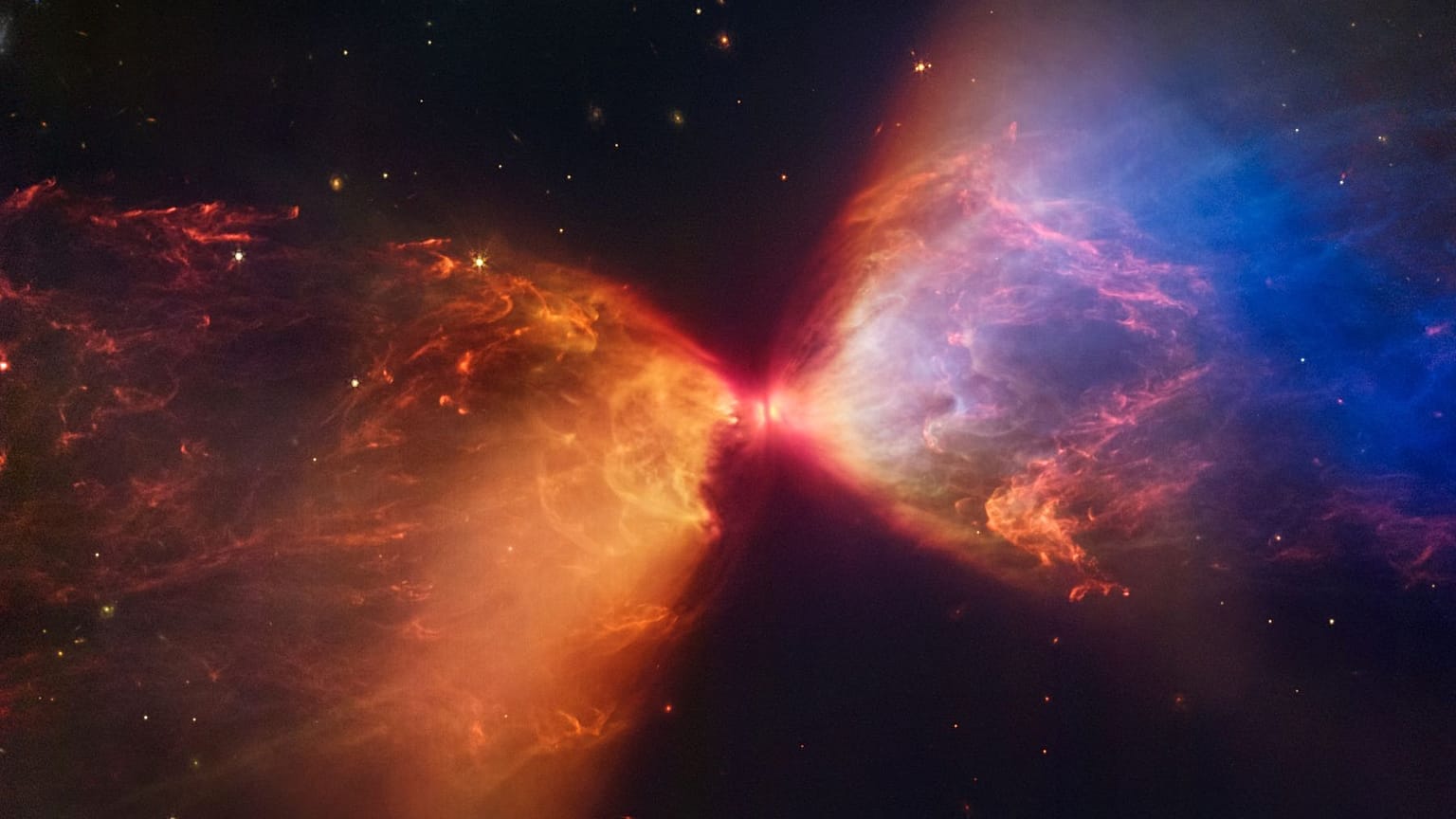New research from the University of Manchester and the University of Mauritius has explored whether potential life on nearby planets can detect Earth’s radio signals.
If extraterrestrial life does exist, it might be able to detect life on Earth from our radio signals, a new study has found.
 ADVERTISEMENT
ADVERTISEMENT
 ADVERTISEMENT
ADVERTISEMENT
As the search for intelligent life continues across our skies, scientists from the Universities of Manchester and Mauritius used crowd-sourced data to simulate radio leakage from Earth’s mobile towers.
The idea was to investigate the overall contribution of mobile communication towers to the Earth’s “radio leakage budget,” the amount of radiation that travels into space from our planet, as experienced from the perspective of different stellar systems relatively close to us.
What are radio signals - and why do they leak?
In our modern technological world, radio signals are generated by a whole host of things.
In the fledgling years of technology, the main contenders were the radio and TV.
But today, we rely on so many functions that culminate in the production of radio waves - WiFi, cellular data and communicating with astronauts in space to name just a few.
Radio signals are a kind of electromagnetic wave. Even though they have a relatively low frequency when compared to, for example, gamma rays, they are still able to pass through the Earth’s atmosphere if they are high enough frequency.
They then travel to the ionosphere (where the planet’s atmosphere and space converge) and some travel onwards to space, while others are absorbed or reflected and essentially continue to bounce around the Earth.
If the waves do make it to the ionosphere, we have what is essentially called a “leakage”. And it’s long been speculated as to whether the radio waves that have been leaked eventually might make it to our nearby planets.
How was the study conducted?
The complete research was published in the Monthly Notices of the Royal Astronomical Society journal, which explains that the scientists involved created a model of the leakage using publicly available data of mobile tower locations.
The journal gives an in-depth account of the abstract the team were working from - but, essentially they generated models that would show them the Earth’s mobile radio signature and could provide information about what alien civilisations might detect from various nearby stars, including Barnard's Star (six light years away from Earth).
What were the findings of the study?
“I’ve heard many colleagues suggest that the Earth has become increasingly radio quiet in recent years - a claim that I always contested,” Professor Mike Garrett, Director of Jodrell Bank Centre for Astrophysics at the University of Manchester and team leader on the project, said in a statement.
“Although it’s true we have fewer powerful TV and radio transmitters today, the proliferation of mobile communication systems around the world is profound. While each system represents relatively low radio powers individually, the integrated spectrum of billions of these devices is substantial.
“Current estimates suggest we will have more than one hundred thousand satellites in low Earth orbit and beyond before the end of the decade. The Earth is already anomalously bright in the radio part of the spectrum; if the trend continues, we could become readily detectable by any advanced civilisation with the right technology”.
Essentially, right now, only life forms with superior intelligence to our own are likely to be tuning into our radio waves.
But as we continue to put more powerful broadband systems on Earth, the likelihood of other beings detecting human life might well increase.
“I believe that there’s every chance advanced civilisations are out there, and some may be capable of observing the human-made radio leakage coming from planet Earth, Dr Nalini Heeralall-Issur, Saide’s supervisor and associate professor at the University of Mauritius, concluded.

















